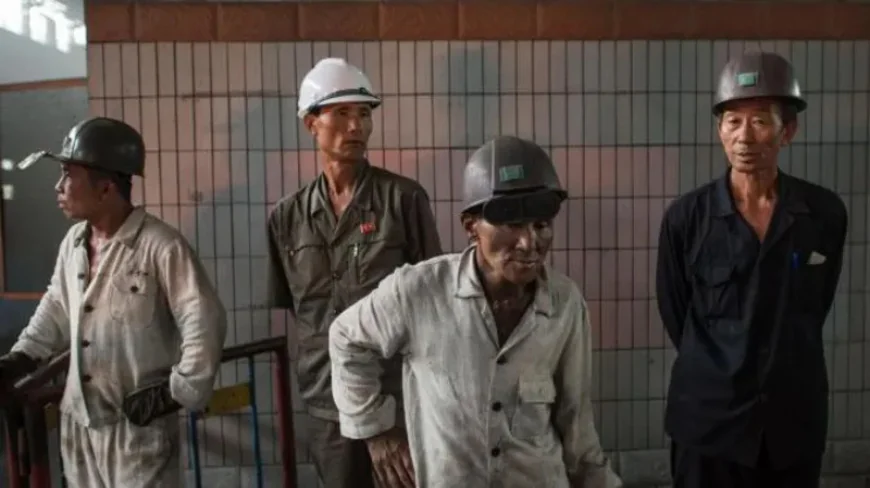North Korea to Send Workers for Russia's Reconstruction Efforts
North Korea is sending thousands of workers and soldiers to Russia’s Kursk region in a move dubbed “fraternal assistance,” sparking global outrage and concerns over UN sanctions violations.

North Korea will deploy thousands of workers and military personnel to Russia’s war-torn Kursk region, a decision drawing global backlash and raising serious questions about violations of United Nations sanctions.
The announcement came after a high-level meeting between Russian Security Council Secretary Sergei Shoigu and North Korean leader Kim Jong Un in Pyongyang on Tuesday. Shoigu described the deployment as a gesture of “fraternal assistance,” reflecting deepening ties between the two increasingly isolated regimes.
Details of Deployment and Strategic Implications
According to Russia’s TASS news agency, North Korea will send:
-
A division of builders
-
Two military brigades of 5,000 personnel
-
1,000 deminers
The troops and workers are reportedly being sent to rebuild infrastructure in the Kursk region, an area heavily damaged during fighting with Ukraine.
The decision follows a mutual defense treaty signed between Moscow and Pyongyang in November, committing both nations to support one another in case of “external aggression.”
South Korea and Japan Condemn the Move
Seoul and Tokyo were quick to criticize the deployment. South Korean officials accused North Korea and Russia of illegal cooperation and breaching UN sanctions that prohibit such exchanges.
Japan’s Chief Cabinet Secretary Yoshimasa Hayashi warned that the partnership could intensify the war in Ukraine and threaten East Asian security. Both countries expressed concerns about the possible involvement of North Korean troops in active combat zones.
Casualties and Military Compensation Concerns
South Korean intelligence estimates that 15,000 North Koreans are already working in Russia under industrial agreements, many in harsh conditions. More alarming are reports suggesting that thousands of North Korean soldiers have joined Russian military operations in Ukraine.
-
A South Korean lawmaker claimed that out of 4,700 deployed soldiers, over 600 have died.
-
Western officials reported 1,000 deaths among North Korean troops between October and January.
Analysts believe Pyongyang may be receiving Russian military technology or financial compensation in exchange for its personnel—an act that could seriously alter regional power dynamics.
Unconditional Support and Ongoing Engagement
Despite the uproar, diplomatic ties between Moscow and Pyongyang remain strong. During Shoigu’s visit, Kim Jong Un reportedly reaffirmed “unconditional support” for Russia, particularly regarding the war in Ukraine.
North Korean state media referred to the talks as part of “long-term plans” to deepen cooperation in security, economy, and defense.
Russia maintains that it fully controls the Kursk region, although Ukraine disputes this claim. The presence of North Korean personnel in the region marks a new phase in the countries' alliance and may invite further international sanctions or countermeasures.


